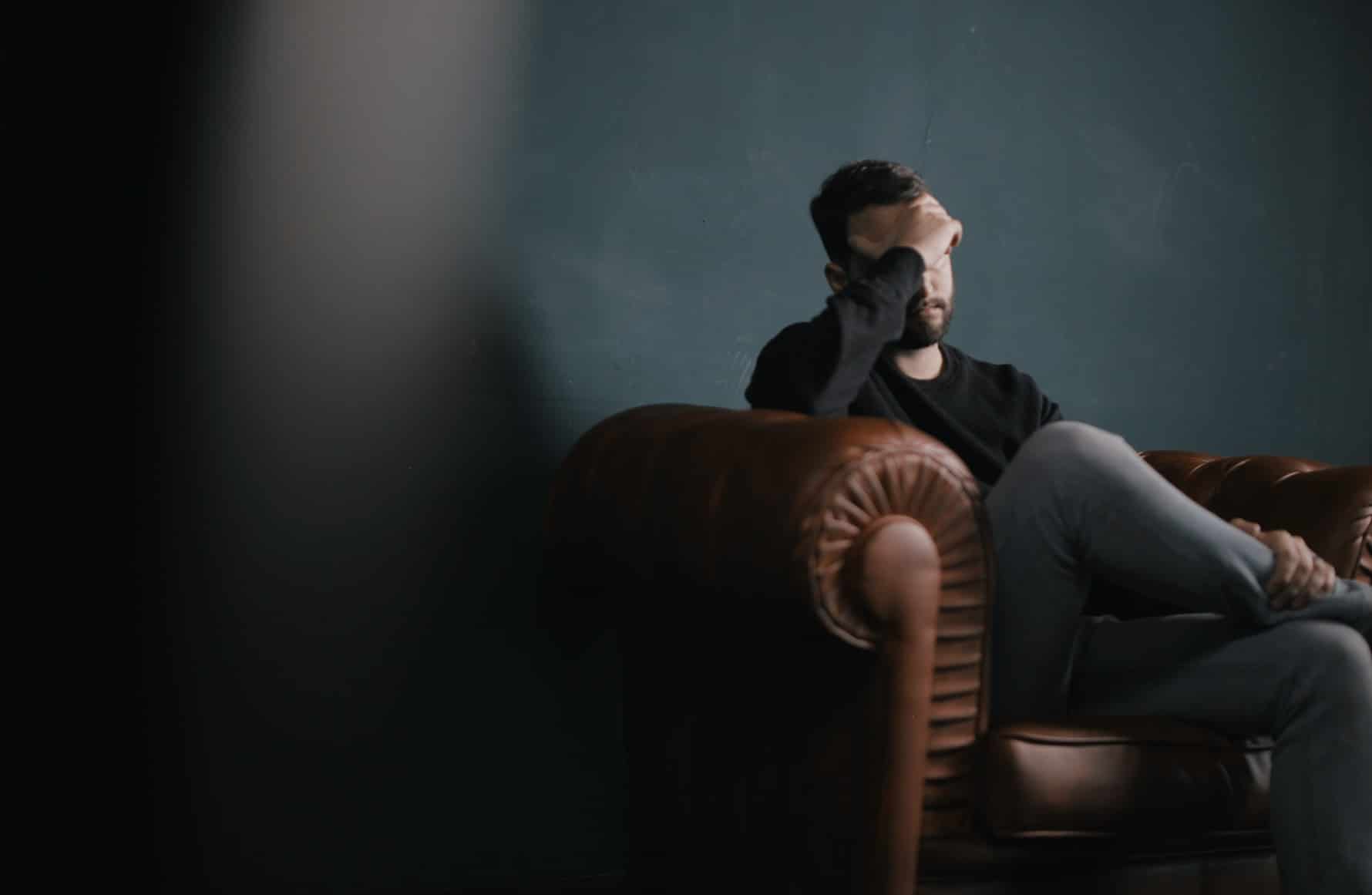Although men and women both produce testosterone, men are the ones whose bodies produce the lion’s share of it and who are most affected by low testosterone levels. Produced inside the testes, testosterone is responsible for muscle growth, beards, deep voices, and even an angry (“testy”) temperament.
Testosterone levels peak when men reach maturity and then gradually decrease with age, at a rate of about 1% per year. This correlates with:
- Erectile and reproductive function
- Building and maintaining of muscle mass
- Bone strength and density
- A healthy red blood cell count
While men do lose testosterone naturally with age, there can be other reasons for low testosterone. For example, unhealthy lifestyle choices can lead to a decline of testosterone levels. Testosterone therapy can be used to treat low testosterone, but there are some things to know about this treatment before beginning.
The Problem With Low Testosterone
Low testosterone can cause men to feel tired all day, irritable, and even outright grouchy. They often have unexplained bouts of low energy, mood swings, and a general feeling of unease or dissatisfaction. These symptoms, however, can also present as a result of other conditions, which is why men should ultimately let a doctor test them for low testosterone rather than self-diagnosing.
As testosterone levels fall, it can further result in symptoms that include weight gain, decreased muscle mass, loss of strength, depression, loss of sexual desire, and erectile dysfunction. Having a poor diet, drinking too much alcohol, and living a sedentary lifestyle can all cause testosterone to drop off even faster as men age.
Excess body fat is one of the classic causes of low testosterone, placing many unseen stresses on the body’s hormones. Too much body fat around the liver can, among other things, inhibit the body’s ability to make testosterone.
Many other things can cause testosterone levels to drop before their time or unnaturally fast, including:
- High stress levels
- Smoking
- Hormonal or pituitary disorders
- Kidney problems
- Hypothalamic/pituitary disease
- Testicular or adrenal problems
While low testosterone could just be a symptom of a deeper and more serious condition, it is problematic in its own right as well, which is why it’s important for men to look for “testosterone therapy near me” and talk to a doctor about their situation.

Low Testosterone: Treatment Options
Many cases of low testosterone are resolved without direct medical intervention, although a doctor’s advice is always needed. Indeed, some men with low testosterone make important improvements just by becoming more active and adopting a healthier, more balanced diet. However, when low testosterone levels aren’t treated that easily and actively interferes with a man’s life, different treatment options are in order.
Testosterone-Replacement Therapy
Low testosterone can be treated directly with testosterone-replacement therapy (TRT). Some forms of TRT can include pills, creams, or painless injections containing natural or synthetic versions of testosterone. When taken regularly, these supplements can help restore lost T levels and lead one to feel more energetic and motivated than before.
TRT, since it strengthens the muscles and bones, also reduces the risk of osteoporosis. This treatment should be accompanied by careful monitoring by a healthcare professional since it can cause side effects, such as hair loss or fluid retention. It can also be tricky to accurately measure the right dose of T each man needs for optimal benefit, which is why it’s important to always talk with a doctor first.
Testosterone Boosters
Testosterone boosters are medications that contain ingredients known to boost natural testosterone levels. These supplements can often provide benefits comparable to testosterone-replacement therapy, although their results may not be as consistent or long lasting as TRT.

Testosterone Injections
A third form of treatment for low testosterone includes testosterone injections. These are made under the skin using a needle/syringe. Testosterone injections are a safe way to give a man with low T levels a potentially much higher dose than he would get from TRT. However, as with any testosterone treatment, it is important to work closely with a doctor to make sure the right dose is given and to watch for any possible side effects.
Testosterone Creams
Testosterone creams are another common way to treat low testosterone. Creams are designed to be topically applied and absorbed through the skin. These creams may have different dosages and ingredients, so a doctor will be needed to properly determine the correct amount.
Finding Testosterone Treatment Near Me
Testosterone treatment, especially if given in the wrong doses, can cause side effects like acne or reduced sperm count. It could also elevate red blood cell count beyond healthy limits. That’s why it’s necessary to consult with a doctor before starting treatment.
Low testosterone can be a tricky condition to treat. At Men’s Revival in Scottsdale, AZ, we specialize in high-quality testosterone treatments that are safe, effective, and affordable. Call us today to schedule a consultation with one of our specialists.
Ready to take the next step?
If you’re experiencing symptoms of low T, reach out to our team to find out how we can help you.

